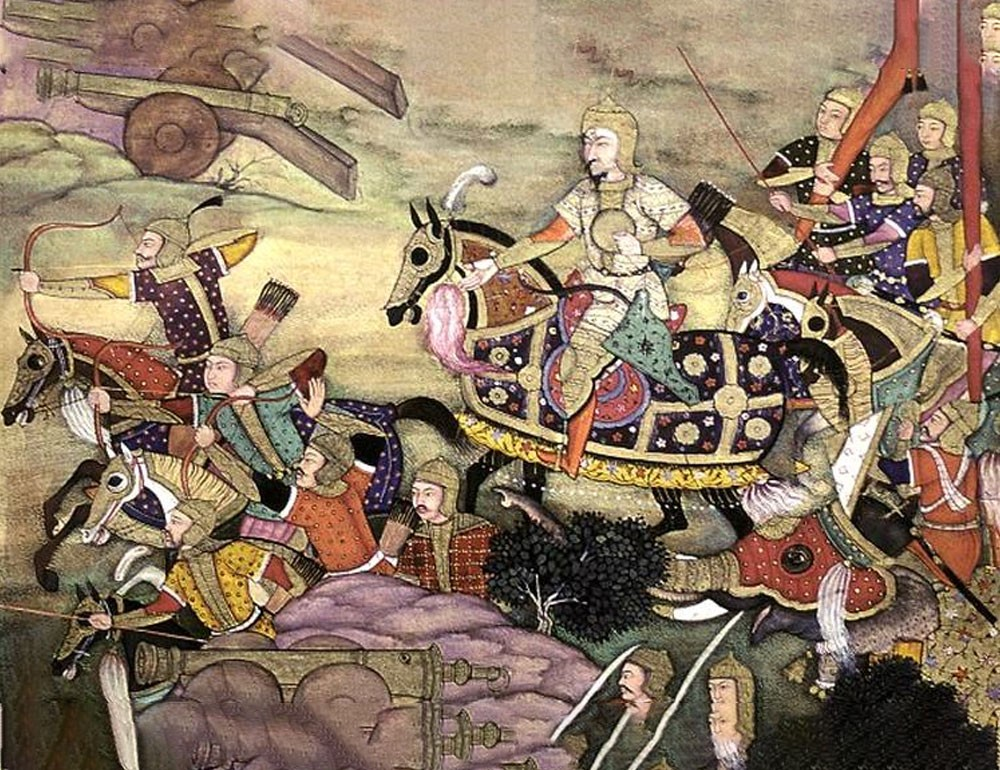The NCERT (National Council of Educational Research and
Training) is responsible for developing and publishing textbooks for schools in
India. The textbooks are designed to provide students with a comprehensive
understanding of various subjects. However, there has been a growing demand to
remove the Mughals chapter from NCERT books due to its controversial nature.
While the Mughal Empire played a significant role in shaping
India's history, its chapter in the NCERT textbooks has been criticized for
being biased and promoting a certain ideology. There are several reasons why
the Mughals chapter should be removed from NCERT textbooks, and in this
article, we will discuss them in detail.
The Mughals chapter is biased towards a particular
community. It portrays the Mughals as heroic rulers who brought prosperity to
India, while neglecting their atrocities and excesses. For example, the
textbooks fail to mention the forced conversions, mass killings, and
destruction of Hindu temples by Mughal rulers. This one-sided portrayal of the
Mughals is not only misleading but also promotes communalism.
The Mughals chapter in NCERT books is not historically
accurate. The textbooks often present events and people in a distorted manner,
which is not reflective of the actual facts. For instance, the textbooks
describe the Mughal rulers as great patrons of the arts, while ignoring the
fact that they were also responsible for the decline of traditional Indian
crafts and industries. Such inaccuracies not only misinform the students but
also undermine the credibility of the textbooks.
Mughals in NCERT books promotes a
colonial perspective of Indian history. The textbooks often portray India as a
passive recipient of foreign invasions and conquests, which is not only
factually incorrect but also detrimental to the students' sense of national
pride. By emphasizing the Mughals' influence on Indian history, the textbooks
downplay the contributions of indigenous rulers and dynasties, who played an
equally important role in shaping India's history.
Even Mughals chapter in NCERT books can be a trigger for
communal tensions. The portrayal of the Mughals as heroic rulers who brought
prosperity to India can create a sense of superiority among certain communities
and resentment among others. In a diverse country like India, it is essential
to promote a balanced and inclusive approach to history, which celebrates the
diversity and richness of our cultural heritage.
In conclusion, the removal of the Mughals chapter from NCERT
books is a necessary step towards promoting an accurate, unbiased, and
inclusive approach to history. By removing this chapter, we can ensure that the
textbooks reflect the true spirit of India's history, celebrate its diversity,
and promote a sense of national pride among our students.








No comments:
Post a Comment